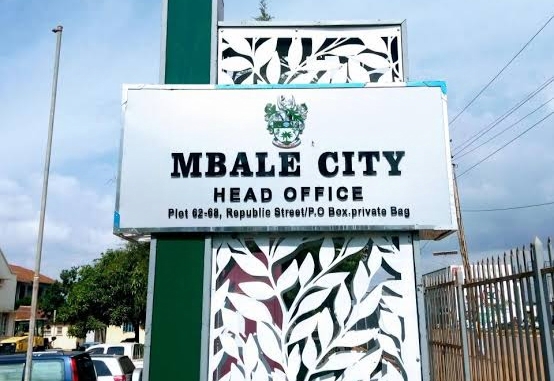Mbale Headteacher’s exclusion sparks corruption concerns
Mrs. Nabugobero had been cleared by the Public Service Commission and performed well in the first round of interviews, positioning her as a likely candidate for confirmation.

A controversial decision in Mbale City has thrust the plight of whistleblowers into the spotlight, as Mrs. Betty Nabugobero, an acting headteacher of over four years, has been excluded from the list of new headteacher appointments.
The exclusion, allegedly orchestrated by top city officials, raises serious concerns about corruption and the treatment of whistleblowers within public institutions.
Mrs. Nabugobero had been cleared by the Public Service Commission and performed well in the first round of interviews, positioning her as a likely candidate for confirmation.
However, reports indicate that the city clerk, Mr. Ocen Ambrose, the chairperson of the city service commission, and the city mayor intervened to block her appointment. She is the only acting headteacher to be dropped, a move many interpret as deliberate targeting.
The controversy appears linked to a previous scandal involving Mrs. Nabugobero and Mr. Paddy Khauka, a technical officer, who were recorded discussing a UGX 3 million solicitation from headteacher aspirants. While the incident raised serious questions about recruitment ethics, city officials reportedly turned the matter into a tool for retaliation.
Instead of transparently addressing the allegations, Mrs. Nabugobero claims she was coerced at gunpoint to deny involvement in the recordings and was promised a formal appointment in return for her silence. Despite fulfilling her part of the agreement, she has now been dropped from consideration.
Adding to the controversy, reports suggest that appointment letters for headteachers are being distributed selectively through informal channels, including phone calls, rather than a structured and transparent process. The acting City Education Officer has publicly stated that the city clerk would not appoint Mrs. Nabugobero, warning that those who challenge this decision would face retribution.
This case underscores a broader issue of intimidation and retaliation against whistleblowers in local government. Activists and concerned citizens are calling for urgent government intervention.
“They must investigate why Mrs. Nabugobero was excluded and hold accountable those fostering corruption and retaliating against whistleblowers,” said an activist who requested anonymity.
“Whistleblowers are crucial in the fight against corruption. They deserve protection, not punishment.”
The ordeal raises pressing questions about the integrity of public service recruitment, the safeguards for whistleblowers, and the government’s commitment to combating corruption.
As activists urge agencies like the Inspectorate of Government (IGG) and the State House Anti-Corruption Unit to take action, they emphasize the need for systemic changes to protect individuals who expose wrongdoing.
“If whistleblowers are continually silenced and targeted, the fight against corruption will suffer, and public trust in government institutions will erode,” the activist added.
Mrs. Nabugobero’s case serves as a stark reminder of the challenges faced by those who dare to stand against corruption, highlighting the urgent need for reforms to ensure fairness, transparency, and accountability in public institutions.







